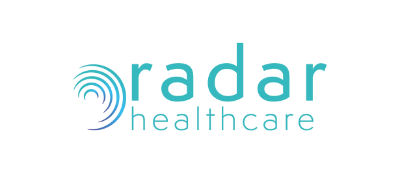What is Learning from Excellence?
11 May 2022
Tags:
 In healthcare, there is often a focus on what went wrong, which can result in a blame culture. Naturally, this affects staff morale and doesn’t positively encourage good practice. Instead, organisations should be shifting to learning and improving from what may go wrong, as well as learning and sharing where excellence in healthcare is identified. With this approach, patient safety will benefit as well as staff satisfaction and retention.
In healthcare, there is often a focus on what went wrong, which can result in a blame culture. Naturally, this affects staff morale and doesn’t positively encourage good practice. Instead, organisations should be shifting to learning and improving from what may go wrong, as well as learning and sharing where excellence in healthcare is identified. With this approach, patient safety will benefit as well as staff satisfaction and retention.
Improving safety
Traditionally, safety in healthcare has focused on adverse incidents and errors, viewing these as opportunities to learn and avoid recurrence. According to the NHS, the top 4 reported incident categories were:
- Implementation of care and ongoing monitoring/review (21.8%)
- Patient accident (12.7%)
- Treatment, procedure (10.6%)
- Access, admission, transfer, discharge (including missing patient) (10%)
It makes sense that fewer adverse incidents means an organisation is safer. However, research has shown that the benefits may be limited, and that in more positive safety cultures, reporting rates of incidents are higher leading to a safer environment.
The second victim phenomenon
It’s important to take into account the effect of incident reporting on staff mental health. The second victim phenomenon is when staff involved in an incident may experience anxiety and depression, and reduced clinical confidence and cognitive functioning. This means that their performance may be negatively impacted which then results in less safe care.
If staff have negative experiences around incident reporting, they’re less likely to report as many going forward. This is why it’s crucial for healthcare organisations to push their focus on studying excellent performance and sharing this learning both across the organisation and to others. If more follow this approach to quality improvement, it should improve human performance and therefore patient safety.
So, what is Learning from Excellence?
Learning from Excellence, or LfE, is identifying episodes of peer reported excellence or positive deviance and learning from them. The idea is to shift to a positive culture of focusing on successes, rather than skimming over them and just homing in on adverse events.
Beginning with a pilot in Birmingham Children’s Hospital’s Paediatric Intensive Care department, staff were able to report episodes of excellent practice. They implemented a formal system to capture the information and allowed reports from anything staff deemed as excellent. Staff who were responsible for the excellent practice would receive a notification, and every week summaries of learning points from the reports were shared with the whole department.
As a result, one year into the pilot staff agreed that excellence reporting can improve staff morale and the quality of care, 93% and 87% respectively. They also found that rates of gold-standard prescribing increased from 18% to 35%, giving them tangible evidence that excellence reporting improves patient safety.
Implement Learning from Excellence with Radar Healthcare
We know that being focused on avoiding harm by learning from error in healthcare is highly prevalent. Our aim is to make healthcare safer, which is why our software allows you to not only log incidents, but also compliments and episodes of excellence.









